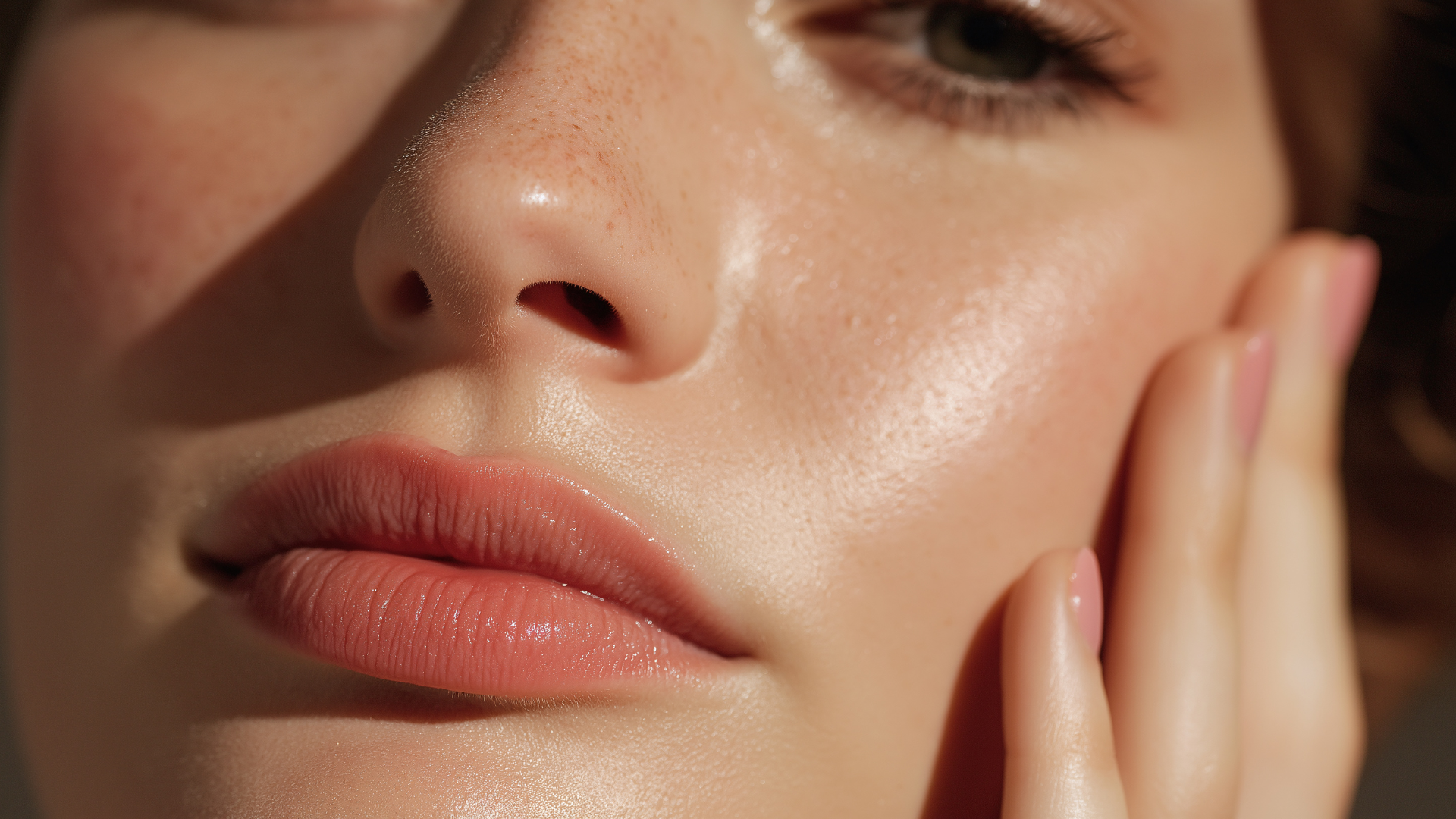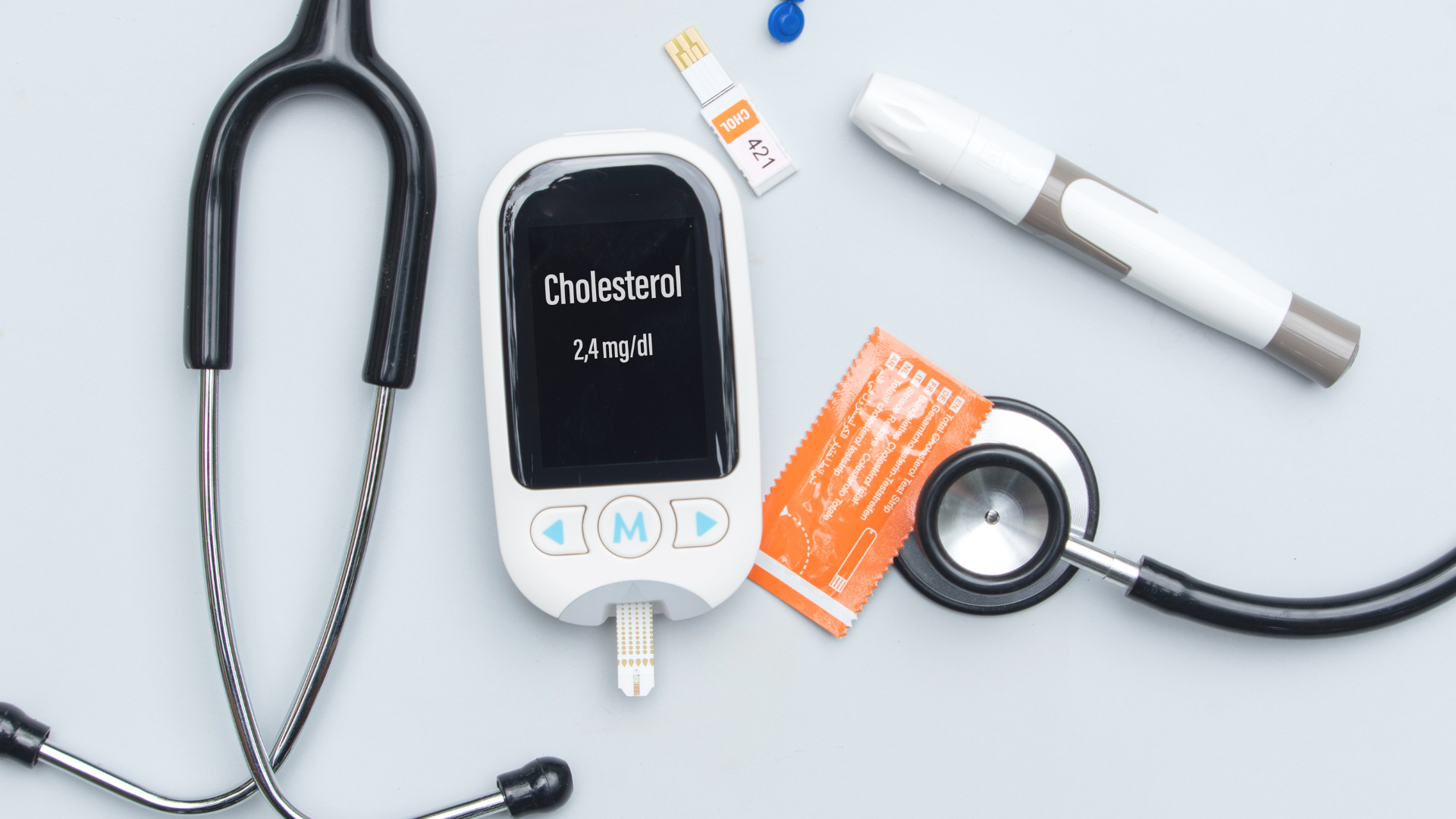Sleep isn’t just a time for rest—it’s when your body performs some of its most important maintenance work. From cellular repair to memory consolidation, one of the most critical yet often overlooked roles of sleep is regulating and maintaining hormonal balance.
In this blog, we’ll explore the deep connection between sleep and hormone regulation, how poor sleep disrupts this balance, and what you can do to improve your sleep for better hormonal health.
Table of Contents
- What Are Hormones and Why Are They Important?
- How Sleep Affects Hormone Production
- Key Hormones Influenced by Sleep
- Melatonin
- Cortisol
- Insulin
- Leptin & Ghrelin
- Growth Hormone
- Sex Hormones
- Melatonin
- Consequences of Sleep Deprivation on Hormones
- Sleep and Hormones Across Different Life Stages
- Tips to Improve Sleep and Restore Hormone Balance
- Final Thoughts
What Are Hormones and Why Are They Important? <a name=”what-are-hormones”></a>
Hormones are chemical messengers produced by glands in your endocrine system. They travel through your bloodstream to tissues and organs, regulating essential functions like:
- Metabolism
- Mood
- Reproduction
- Growth and development
- Stress response
- Appetite and digestion
- Sleep-wake cycles
Even slight imbalances in hormone levels can cause fatigue, mood swings, weight gain, fertility issues, and other health concerns. That’s why keeping them balanced is vital—and sleep plays a central role in that process.
How Sleep Affects Hormone Production <a name=”how-sleep-affects-hormone-production”></a>
Your body’s internal circadian rhythm, or biological clock, governs your sleep-wake cycle. It also regulates hormone release.
Many hormones follow a daily rhythm, peaking or dipping at specific times of the day or night. For instance:
- Melatonin rises in the evening to promote sleep.
- Cortisol peaks in the morning to help wake you up.
- Growth hormone is released primarily during deep sleep.
When your sleep is irregular, too short, or of poor quality, this natural rhythm is disrupted. As a result, hormone production can become unbalanced, leading to a cascade of health issues.
Key Hormones Influenced by Sleep <a name=”key-hormones-influenced-by-sleep”></a>
Let’s take a closer look at the most critical hormones that are regulated during sleep:
1. Melatonin: The Sleep Hormone
- Produced by: Pineal gland
- Role: Signals the body to prepare for sleep
- Sleep link: Levels rise in the evening and fall in the morning
Blue light exposure from screens at night can suppress melatonin production, making it harder to fall asleep. Chronic suppression can lead to insomnia and disrupted circadian rhythms.
2. Cortisol: The Stress Hormone
- Produced by: Adrenal glands
- Role: Manages stress, regulates metabolism, and immune response
- Sleep link: Naturally decreases at night and peaks in the morning
Lack of sleep causes elevated cortisol levels, which can lead to anxiety, inflammation, weight gain, and insulin resistance.
3. Insulin: The Blood Sugar Regulator
- Produced by: Pancreas
- Role: Helps your body use or store glucose for energy
- Sleep link: Poor sleep reduces insulin sensitivity
Sleep deprivation can impair insulin function, increasing your risk of type 2 diabetes, weight gain, and metabolic syndrome.
4. Leptin & Ghrelin: Hunger and Satiety Hormones
- Leptin: Signals fullness
- Ghrelin: Triggers hunger
When you’re sleep-deprived:
- Leptin decreases (you feel less full)
- Ghrelin increases (you feel hungrier)
This imbalance often leads to overeating, especially cravings for sugar and high-carb foods, fueling unwanted weight gain.
5. Growth Hormone: The Repair Hormone
- Produced by: Pituitary gland
- Role: Stimulates tissue growth, muscle repair, and fat metabolism
- Sleep link: Secreted during slow-wave (deep) sleep
Without enough deep sleep, your body can’t repair itself effectively. Over time, this may impair recovery, immunity, and muscle development.
6. Sex Hormones: Estrogen, Progesterone, and Testosterone
- Regulated by: Hypothalamic-pituitary-gonadal (HPG) axis
- Role: Reproduction, libido, mood, bone density, and more
Sleep affects the release of luteinizing hormone (LH) and follicle-stimulating hormone (FSH), both essential for ovulation and sperm production. Inadequate sleep is linked with:
- Lower testosterone in men
- Disrupted menstrual cycles in women
- Reduced fertility in both genders
Consequences of Sleep Deprivation on Hormones <a name=”consequences-of-sleep-deprivation”></a>
Even one night of poor sleep can begin to throw your hormones out of balance. Chronic sleep deprivation has more severe, long-term effects such as:
- Insulin resistance and increased risk of diabetes
- Weight gain and difficulty losing fat
- Mood disorders like depression and anxiety
- Reproductive issues including irregular periods or low libido
- Weakened immune response
- Increased stress and inflammation
Lack of sleep creates a vicious cycle—disrupted hormones further interfere with sleep quality, worsening the problem.
Sleep and Hormones Across Different Life Stages <a name=”sleep-and-life-stages”></a>
1. Adolescence
- Teenagers often experience delayed sleep phases due to hormonal changes in melatonin timing.
- Growth hormone release peaks during this period, emphasizing the need for sufficient sleep.
2. Pregnancy
- Hormonal shifts (especially progesterone) increase fatigue but can also disrupt sleep.
- Poor sleep during pregnancy is linked with gestational diabetes and postpartum depression.
3. Perimenopause & Menopause
- Drops in estrogen and progesterone can cause night sweats, insomnia, and mood swings.
- Sleep disturbances become more common and may worsen hormonal symptoms.
4. Aging
- Older adults often have fragmented sleep and lower melatonin levels.
- This can impact growth hormone and testosterone, leading to decreased muscle mass and bone density.
Tips to Improve Sleep and Restore Hormone Balance <a name=”sleep-tips”></a>
Ready to get your sleep—and your hormones—back on track? Try these proven tips:
1. Stick to a Consistent Sleep Schedule
- Go to bed and wake up at the same time every day, even on weekends.
2. Limit Blue Light Exposure at Night
- Avoid screens at least 1 hour before bedtime or use blue light filters.
3. Create a Sleep-Friendly Environment
- Keep your room dark, quiet, and cool.
- Use blackout curtains or an eye mask.
4. Avoid Caffeine and Alcohol Before Bed
- These can interfere with deep sleep and hormone secretion.
5. Exercise Regularly
- Daily physical activity improves sleep quality and hormonal health.
- Avoid intense workouts too close to bedtime.
6. Manage Stress
- Practice relaxation techniques like deep breathing, yoga, or journaling.
- Chronic stress elevates cortisol and disrupts sleep.
7. Consider Sleep Supplements Cautiously
- Melatonin supplements can help short-term but consult your doctor before use.
- Magnesium, L-theanine, and ashwagandha may also support sleep and hormonal balance.
Final Thoughts
Sleep is the cornerstone of hormone health. Whether you’re trying to boost fertility, improve your metabolism, reduce stress, or simply feel better day-to-day, prioritizing quality sleep can make a profound difference.
In a world that often glorifies busyness and late-night productivity, it’s crucial to remember that real healing happens when we sleep. By making sleep a non-negotiable part of your wellness routine, you’re not just helping your body rest—you’re giving it the tools to restore, rebalance, and thrive.





